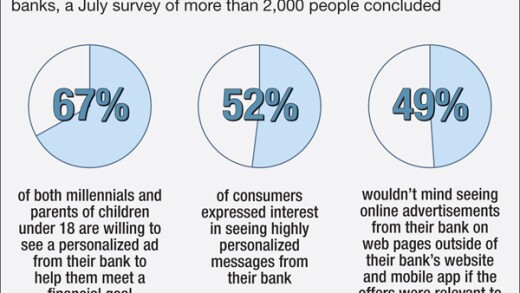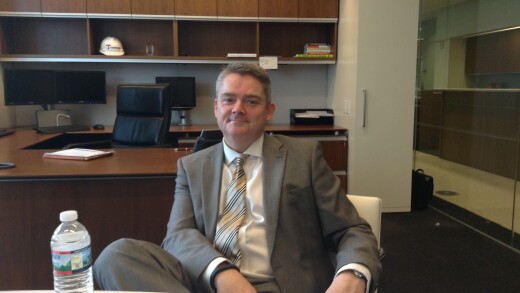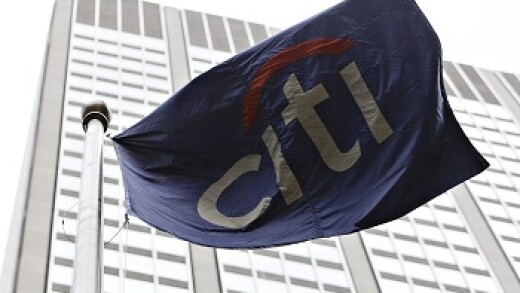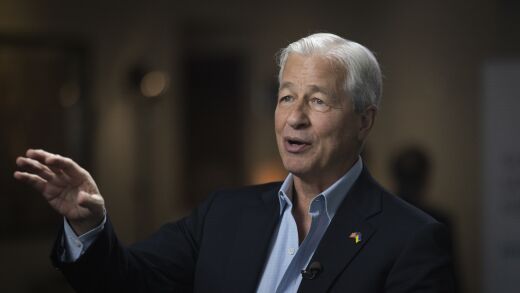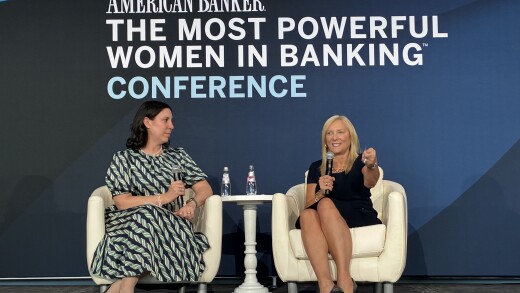The megabank's multiyear effort to simplify its business model and improve its risk management is starting to pay off in the form of more consistent profitability and improved returns, CEO Jane Fraser told analysts.
WASHINGTON New York Gov. Andrew Cuomo on Tuesday announced the proposal of a state regulation requiring banks to develop and maintain a cybersecurity program. The plan, the first of its kind in the nation, could have far-reaching effects on some of the nation's largest banks.
-
The credit card giant says its proposed acquisition of Discover would facilitate a bevy of community development activity and philanthropy. But some public advocacy groups are skeptical.
-
CTrust is providing scores specific to the legal weed business, an industry that poses a lot of challenges and opportunities for banks and other lenders.
-
The Chinese technology giant is partnering with BNP Paribas to reach more merchants; Sequoia makes an investment offer that could boost confidence in Stripe; and more.
Artificial intelligence will reshape the job landscape at banks; people still want to open accounts at a branch; Mick Mulvaney stacks CFPB bench with political appointees; and more from this week's most-read stories.
The New York-based investment bank reported higher revenues across all business lines, with double-digit increases in wealth management and investment banking.
Bankers are growing frustrated as President Donald Trump's trade policy causes turmoil in markets and confusion for clients. But banking trade groups in Washington — at least publicly — are remaining silent.
-
Artificial intelligence can and should be integrated into the business of banking, but with adequate safeguards in place to mitigate the technology's potential vulnerabilities.
-
The real threat is from undercapitalized banks, and regulators must require large banks to have enough capital to eliminate that threat.
-
Moody's decision to downgrade some banks' bond ratings isn't great news, but life will go on. The bigger and more difficult problem is shoring up U.S. sovereign debt ratings in the long-term.
-
In 2024, as the Alabama-based bank was facing more competition on its Southeast home turf, Danella was laser-focused on customer satisfaction.
-
Heitsenrether has been leading the charge on deployment of advanced AI throughout the bank.
-
On Beer's radar: AI, quantum computing, concentration risk
-
Piepszak kicked off the year stepping into the chief operating officer position, but she's taken herself out of the running for CEO.
-
The Most Powerful Women in Banking, No. 3, Marianne Lake, JPMorganChase
-
The Oklahoma City native, who joined Truist in early 2024, oversees a mix of businesses including commercial and corporate banking, commercial real estate, investment banking and wealth management.
- Daily BriefingDelivered Every WeekdayIdeas that impact your business delivered to your inbox every day.
- TechnologyWednesday, ThursdayThe latest industry developments from digital banking to cybersecurity to AI.
- PaymentsDelivered Every WeekdayAn early-morning roundup of important headlines from the past 24 hours.
- Best of the WeekFridayThe most important and widely read stories from the previous week.
The country's second-largest bank has unveiled a digital platform for retirement decisions — not on how to save, but how to disburse those savings in a steady, sustainable way.
From private credit to stablecoins, firms with scant oversight have been allowed to gobble up business that formerly went to regulated banks. Until balance is restored, the system is overburdened with risk.
The 23rd annual ranking of women leaders in the banking industry.







